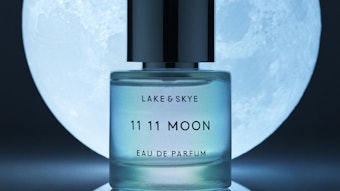
RIFM is collaborating with SenzaGen, a biotech company that has developed a skin assay called GARD (Genomic Allergen Rapid Detection), which predicts the ability of ingredients to induce skin sensitization.
Related: Peter Cadby Receives 2020 RIFM Excellence in Science Award
GARD uses a human cell line called SenzaCell, which acts as an in vitro (Petri dish) model of human dendritic cells, which communicates with T cells to start up the immune process. SenzaGen’s new GARDskin Dose-Response refines GARD’s results, revealing the specific dose at which sensitization would be expected to occur.
On the hunt for a position in fragrance? More details here.
“Skin is the largest organ of the body,” says Mihwa Na, PhD, of RIFM. “And it’s the part of us that is most exposed to fragrance ingredients. One of the most important jobs for RIFM scientists is to help ensure that we can safely enjoy our favorite fragranced products. Skin sensitization is a rare but serious allergic response, so we must identify the dose at which a fragrance ingredient may induce this condition.”
“Access to more detailed information on skin sensitizing ingredients is important for companies developing products—and ultimately for all of us who use fragranced products,” says Axel Sjöblad, CEO of SenzaGen. “We look forward to this collaboration and to contributing to progress in terms of sustainability and ethics in testing.”
Want to know everything going on in flavor & fragrance? Sign up for P&F+'s newsletter. You can also follow along on Instagram and LinkedIn.










